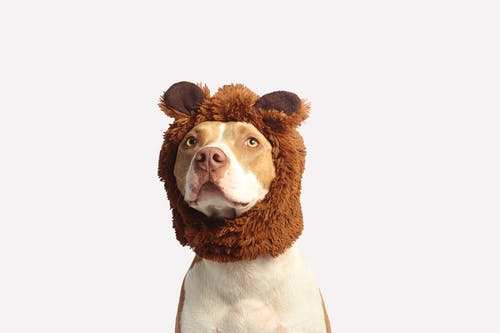Vaccinations are important to the health and wellness of your four-legged family member because they produce protective antibodies that supply long-lasting protection against diseases. An animal’s body’s immune system is promoted, and the body is “interacted” to prepare itself to combat possible illness after receiving a disease-enabling organism in a vaccination.
While no vaccine can offer total security, offering your pet the ideal shots can help them avoid disease and recuperate faster if they contract an illness. It can be difficult and time-consuming for pet owners to identify which vaccines are perfect for their animals. Nevertheless, the guidance of a trusted vet and a much deeper understanding of vaccinations will assist you in better care for your pet.
Why Do We Need to Vaccinate Our Pets?
Vaccine research and development for animals has only recently advanced in comparison to human studies and advancement. Vaccines used to bring considerable dangers; however, advances in veterinary care over the past decade have considerably reduced those dangers, enhancing the health and wellness of our pets.
Immunizations have many advantages besides keeping your pet safe. See the most typical ones listed below:
Prevent Unwanted Illnesses
Vaccinating your pet regularly is vital, even if they spend most of their time indoors. Indoor pets are not as at risk as their external counterparts or multi-pet houses regarding the disease; however, they can still get ill.
Your pet could get exposed if it slides out the door unintentionally. Bats and raccoons are two examples of wild animals known to carry rabies that might access your home through fireplaces, unscreened windows, or open entrances, providing a transfer danger if your buddy is struck.
Some diseases, such as rabies, are transmissible to humans, making pet vaccinations in Los Angeles even more critical. A health problem contracted by your pet can be extremely challenging to treat. Some minor health concerns can rapidly escalate into serious ones. Vaccines are a simple and efficient method to safeguard against potentially unsafe illnesses.
It Is a Requirement for Most Countries
Pet registration in many countries requires evidence of vaccinations, such as rabies vaccinations. Hotels, canine parks, boarding centers, and grooming facilities that welcome pets primarily require a vaccine card as they would interact with other pets there.
These facilities might require vaccinations to prevent your pet from capturing and transferring health problems to other animals. You can click here for a reputable vaccination clinic to get more info about it.
How Do You Avoid Over-Vaccinating Your Pet?
Over-vaccinations for pets can cause more damage than the illness they are meant to prevent. They have been connected to major negative health impacts, including moderate ones like fever, to more serious ones like anaphylaxis shock and cancer. Vaccinating your pets must be done when important or as your veterinarian advises.
In general, you need only to immunize your pet when:
- They are in danger of the illness or if it is a core vaccine
- If they have had previous exposure to the infection
- The vaccine depends on the date with existing requirements
Titer testing at a veterinary center will likewise give you the understanding to make the best decisions for your pet’s well-being. This indicates your pet does not require to be vaccinated once again if a titer test shows they are immune to the illness.
Nevertheless, you ought to note that no drug is harmless. While it might be necessary to vaccinate your pet, you must initially figure out the issue before addressing it. Overtreating animals with medications only add to underlying illness.
If you are looking for the best pet care out there, you can just type in your search “internal medicine veterinarian near me” to see the nearest professional service available in your area.
To End
Vaccination is a crucial part of pet health care. Vaccines can help secure your pet dogs or felines from severe and potentially fatal diseases. They likewise decrease the danger of your pet spreading contagious diseases to other animals and people. Remember: regular vaccinations help keep pets healthy and safeguarded from illness for their entire life. Contact your veterinarian for particular schedules for your good furry friend.
